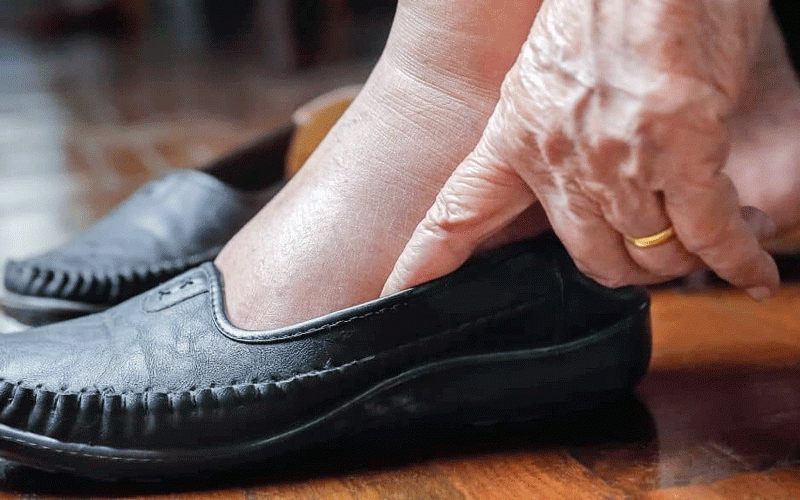
The most common symptoms of the disease are chills, fever, sore throat, muscle pains, severe headache, coughing, weakness/fatigue and general discomfort.
Flu can occasionally cause either direct viral pneumonia or secondary bacterial pneumonia.
Vaccination against influenza is often recommended for high-risk groups, such as children and the elderly, or in people who have asthma, diabetes, heart disease, or are immuno-compromised.
In most cases, the vaccine is available in pharmacies, hospitals and clinics.
The most effective way to prevent a flu is to keep warm and eat healthy foods, especially fruits and vegetables as they contain vitamin C.
Other ways to reduce the transmission of influenza include good personal health and hygiene habits, such as not touching your eyes, nose or mouth, frequent hand washing (with soap and water, or with alcohol-based hand rubs).
It is important to cover coughs and sneezes, avoiding close contact with sick people, and staying home and keeping to yourself if you are sick.
- Chamisa under fire over US$120K donation
- Mavhunga puts DeMbare into Chibuku quarterfinals
- Pension funds bet on Cabora Bassa oilfields
- Councils defy govt fire tender directive
Keep Reading
Get extra rest. Bed rest can help you feel better.
l Drink plenty of fluids to replace those lost from fever. Medlemon, hot tea with lemon, water, fruit juice, and soups are all good choices.l If fever is uncomfortable, take acetaminophen or ibuprofen to lower it. Do not give aspirin to anyone younger than 20 because of the risk of Reye’s syndrome. l You may also sponge your body with lukewarm water to reduce fever. Do not use cold water or ice.l Rub Vicks all over your chest and neck but not on the nostrils as this may cause difficulty in breathing.l Steam using either spoonful of Vicks or boiled lemon, guava leaves, lemon leaves and or gumtree leaves.l To relieve body aches and headache, take painkillers. l If the skin around your nose and lips becomes sore from repeated rubbing with tissues, apply a bit of petroleum jelly to the area.l Use cough drops or plain, hard candy to help ease the coughing.l If you have a dry, raking cough, you can try an over-the-counter cough medicine. l Elevate your head at night with an extra pillow if coughing keeps you awake.l Go to the doctor or local clinic if your symptoms improve but then seem to get worse again or you develop symptoms of a bacterial infection, such as a new or worse cough, or bloody mucus, persistent fever, ear pain, sore throat, sinus pain, or productive cough, or nasal drainage that changes from clear to coloured after seven to 10 days.











